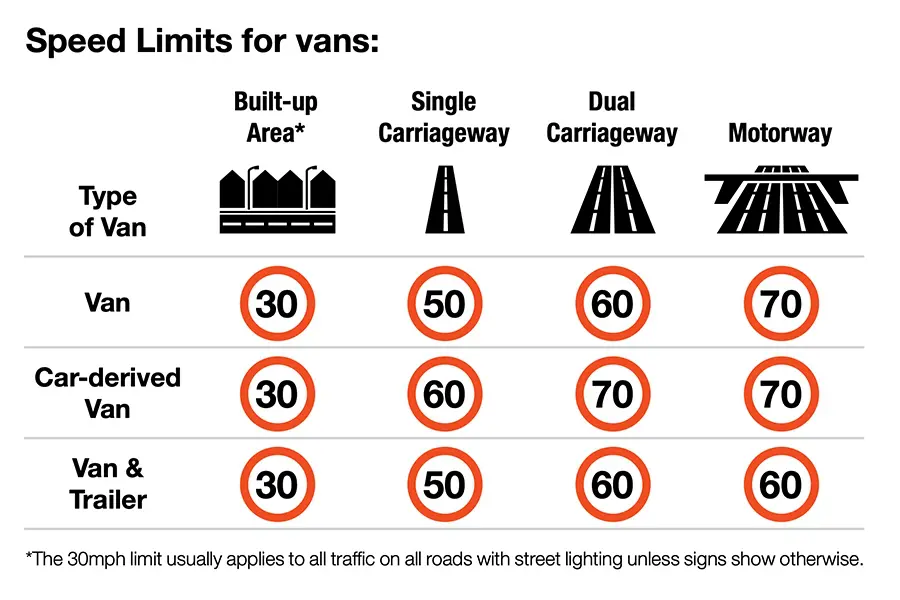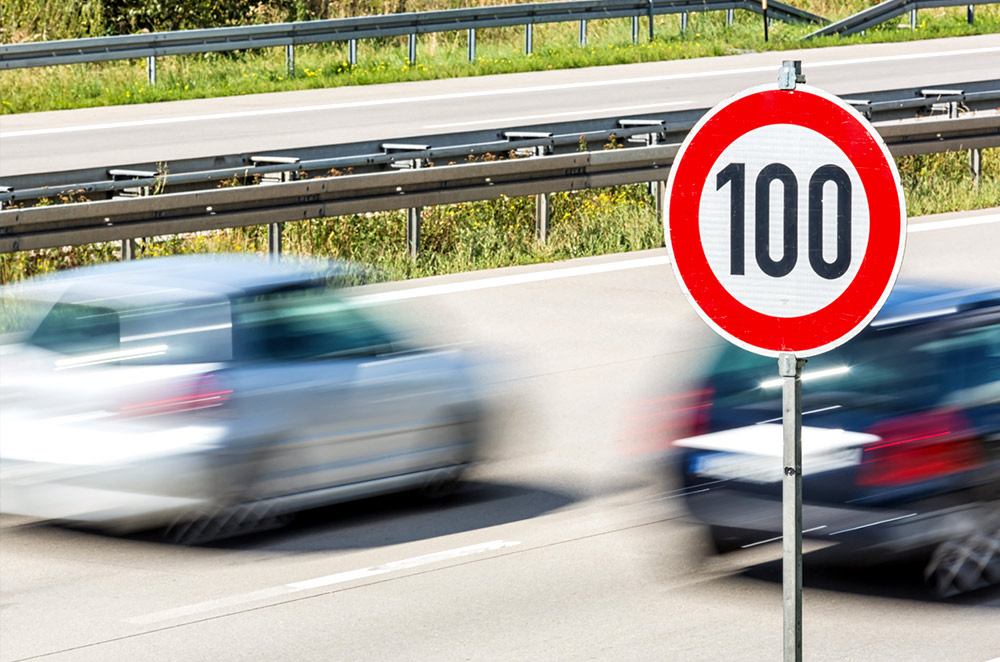The promotion of high-speed cars in a country with established speed limits raises important ethical questions. While high-speed vehicles boast advanced engineering, exhilarating performance, and cutting-edge technology, their promotion can be seen as contradictory to public safety regulations.
This article explores the ethical implications of marketing high-speed cars in a regulated environment, examining the balance between consumer freedom, manufacturer responsibility, and societal well-being. One of the primary ethical concerns is the potential conflict between promoting high-speed cars and ensuring public safety.
Speed limits are set to reduce the risk of accidents and protect road users. Advertising vehicles capable of exceeding these limits can encourage reckless driving behavior, undermining efforts to create a safe driving environment. The allure of high-speed performance may lead some drivers to disregard speed limits, putting themselves and others at risk.
Another ethical consideration is the environmental impact of high-speed cars. High-performance vehicles often consume more fuel and produce higher emissions compared to standard cars. Promoting such vehicles can contribute to increased greenhouse gas emissions and environmental degradation.
Also Read: Could AI-Controlled Speed Limits Make Speeding Impossible?
In a time when there is a global push towards sustainability and reducing carbon footprints, marketing high-speed cars can be seen as promoting environmentally irresponsible choices. Automakers have a responsibility to balance consumer desires with the need to protect the planet.

The issue of consumer freedom versus societal responsibility also comes into play. Advocates for promoting high-speed cars argue that consumers should have the freedom to choose the type of vehicle they want, and that automakers should cater to diverse preferences.
However, this freedom must be weighed against the potential harm to society. Promoting high-speed cars in a country with speed limits can be seen as prioritizing individual desires over collective safety and well-being. Ethical marketing should consider the broader impact of the products being promoted.
Automakers also have a responsibility to ensure that their marketing practices do not mislead consumers. Advertisements that highlight the high-speed capabilities of a vehicle without emphasizing the importance of adhering to speed limits can create unrealistic expectations.
Ethical advertising should clearly communicate the legal and safety constraints associated with high-speed driving, ensuring that consumers are fully informed about the responsible use of the vehicles being promoted.
Another aspect to consider is the role of government regulations in guiding the promotion of high-speed cars. Policymakers have the authority to set standards for advertising and marketing practices, ensuring that they align with public safety goals.
Stricter regulations on the promotion of high-speed vehicles can help mitigate the ethical concerns associated with encouraging behaviors that contravene speed limits. Collaboration between automakers, regulators, and public safety advocates is essential to strike a balance between promoting innovation and safeguarding societal interests.
Also Read: The Death of AM Radio in Cars, Why Automakers Are Removing It

